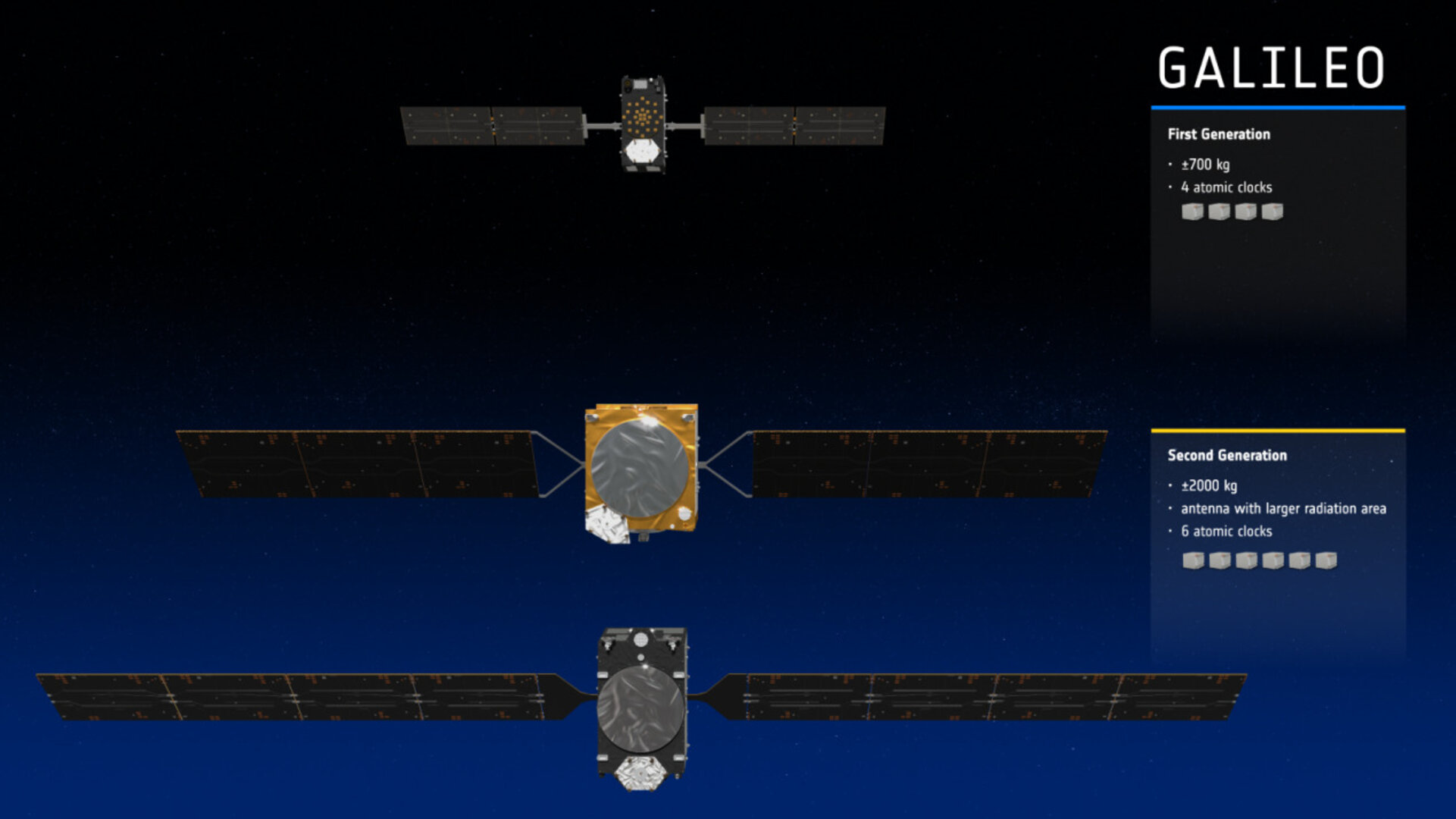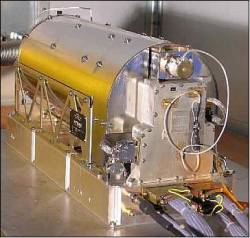The European Space Agency (ESA), on behalf of the European Commission, has embarked on a project to enhance the Galileo satellite navigation system with a new ultra-precise atomic clock technology. A €12 million contract was awarded to a consortium led by Leonardo S.p.A of Italy, with the Istituto Nazionale di Ricerca Metrologica (INRiM) acting as the subcontractor.
This initiative seeks to develop a pulsed optically pumped rubidium atomic clock, which combines the robustness of rubidium vapour cell atomic clocks — widely utilized in satellite navigation systems like Galileo — with the latest optical and digital technologies. The objective is to design, manufacture, test, and qualify an engineering qualification model, followed by an experimental flight model slated to be tested on a Galileo Second Generation satellite.
Galileo’s positioning accuracy hinges on the precision of its atomic clocks, which must be accurate to within a few nanoseconds to achieve meter-level positioning accuracy. The current Galileo satellites are equipped with passive hydrogen masers and rubidium clocks, known for their precision. The new clock technology under development is anticipated to surpass these in precision, reduce energy consumption, and achieve a mass reduction of more than 40% compared to current models.
This project is part of ESA’s continuous effort, funded by the EU program Horizon Europe, to maintain Galileo’s status as a leading global satellite navigation system. Horizon Europe supports the evolution of both Galileo and EGNOS by focusing on emerging trends and evolving user needs, including the development of innovative technologies for the space and ground segments of Galileo’s Second Generation.
The success of this new atomic clock technology will not only enhance Galileo’s performance but also ensure Europe remains at the forefront of atomic clock technology, underpinning the critical importance of ultra-precise timekeeping in global satellite navigation systems.






